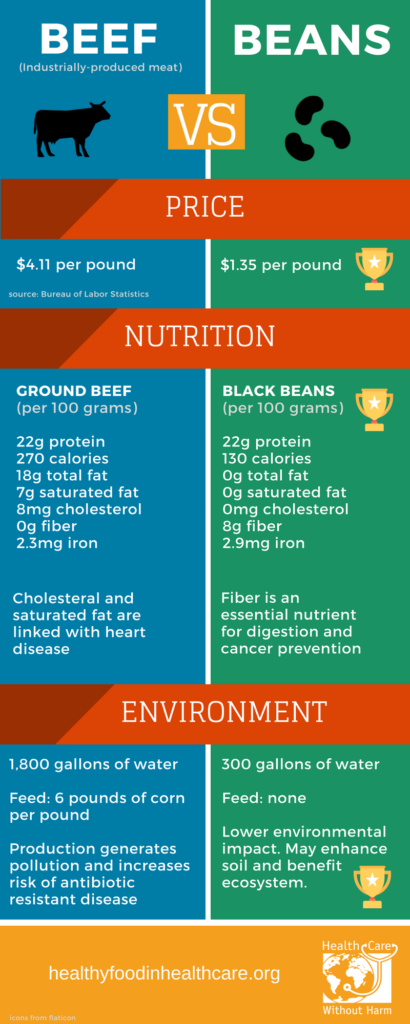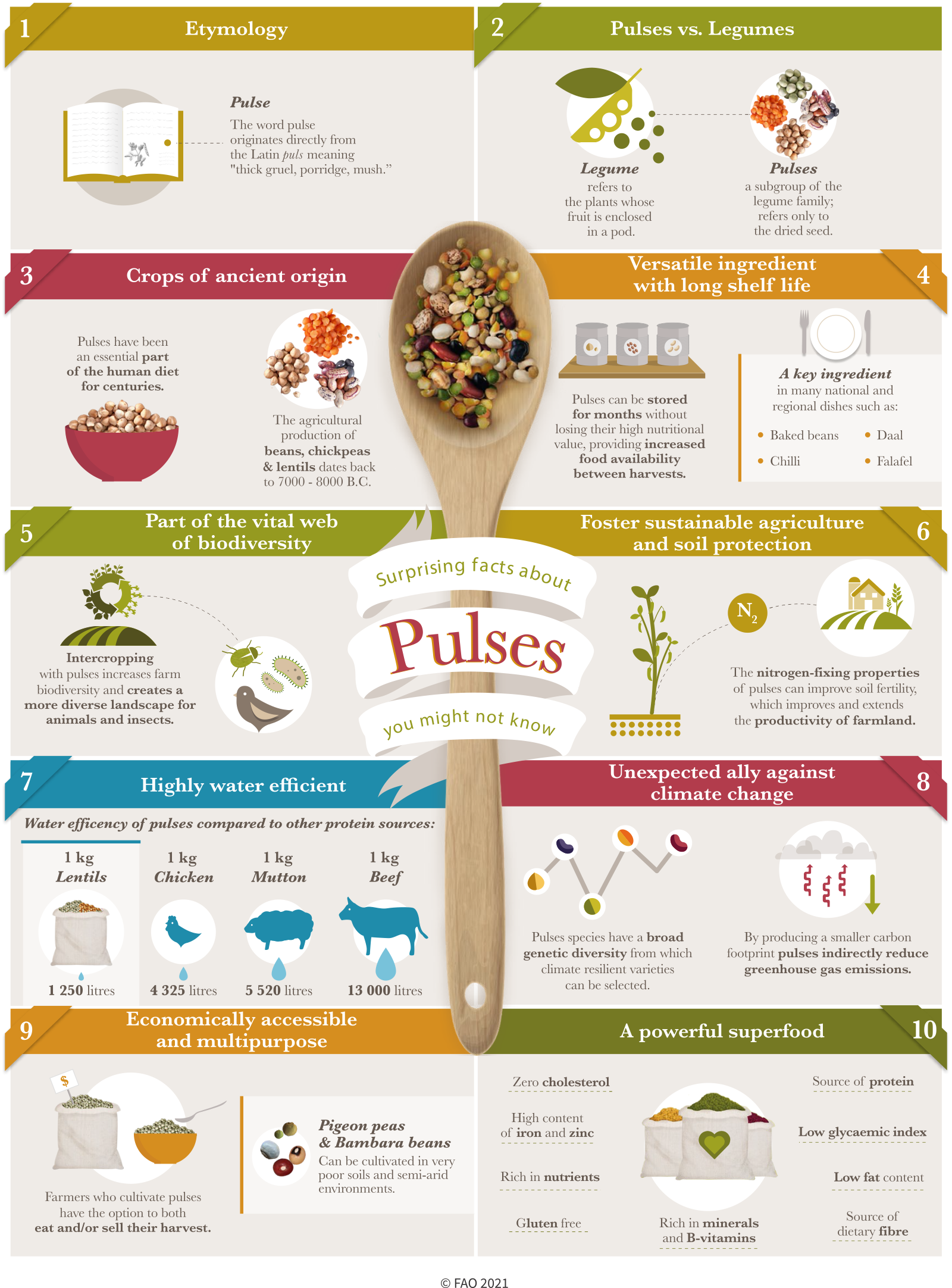The Planetary Pulse Project needs sponsors for 2025! Will you support?
 In honor of World Pulses Day 2023, A Well-Fed World launched the Planetary Pulse Project in collaboration with our partners Seed Programs International to distribute free or low cost organic legume seeds to farmers and growers in need around the world. The project will focus on a variety of protein-packed beans, peas, chickpeas, and lentils.
In honor of World Pulses Day 2023, A Well-Fed World launched the Planetary Pulse Project in collaboration with our partners Seed Programs International to distribute free or low cost organic legume seeds to farmers and growers in need around the world. The project will focus on a variety of protein-packed beans, peas, chickpeas, and lentils.
In addition to increasing access to climate-friendly, protein-packed plant-based food, the Planetary Pulse Project combats seed waste, a lesser known but important form of food waste.
All of the seeds made available through our project, though viable with good germination rates, would have otherwise been discarded by seed companies. Huge quantities of vegetable seed are discarded every year due to oversupply, companies coming out with new varieties, or seed germination rates dropping a few percentage points below what is acceptable to large commercial farms. Through donation partnerships with seed producers, Seed Programs International rescues these seeds, tests them for germination, and makes otherwise waste-bound but high quality vegetable seed available to growers in need.

Sustainable Protein Superheroes
Pulses are a sub-group of legumes that are grown in almost all parts of the world. They are harvested for their dry seeds, and include thousands of varieties of beans, peas and lentils.
Pulses are one of the most planet-friendly foods on earth. They can be grown on so-called marginal land in inhospitable conditions; they are extremely water efficient, often grown as rainfed crops without irrigation; and they regenerate soil, improving soil formation and biodiversity, and promoting higher rates of soil carbon sequestration. Additionally, their ability to fix nitrogen means they can reduce or even eliminate the need for synthetic fertilizers.
Pulses are also highly nutritious, packed with protein and essential micronutrients including iron, zinc, magnesium and folate. Numerous studies have shown that legume-rich diets can decrease cholesterol levels, as well as lower blood sugar levels in diabetic patients. Regular consumption may also help protect against breast, prostate and colorectal cancer.
The United Nations Food and Agriculture Organization (FAO) designated 2016 the International Year of Pulses to help raise awareness of the nutritional benefits of pulses and the role they can play in increasing global food security.
Building on that campaign, they now recognize February 10 of every year as World Pulses Day to grow public awareness of the fundamental role pulses play in the transformation to more efficient, nutritious, inclusive, resilient and sustainable food systems.
More Food, Less Harm
Many experts are now calling beans the best food we can focus on to most effectively address the double crises of climate change and global food insecurity.
At the most recent UN conference on climate, COP27, an international cohort of environmental and food security organizations, along with chefs and bean producers launched the initiative Beans Is How, “A campaign to fix the future by doubling global bean consumption by 2028.” The alliance advocates beans as the most sustainable and affordable way to reduce malnutrition and hunger globally.
Pulses offer incredible culinary diversity and functionality. In addition to serving as a staple food in many traditional global cuisines, legumes are also a prime ingredient in plant-based meat and milk alternatives, from tempeh, tofu and soymilk to products like the Beyond Burger and Just Egg, which make use of the incredibly versatile mung bean protein.
Meanwhile scientists in the UK have been working to perfect a bread that tastes just like white bread— and costs the same— but is made using broad bean (aka fava bean) flour instead of soy or wheat flour. Fava beans are native to the UK and were widely consumed there before the Industrial Revolution. 90% of the bread consumed in the UK is white bread, most of which contains imported soy and wheat.
Grow Your Own!
Beans are actually one of the easiest crops to grow. In their useful growing guide, Gardeners notes the most important thing is to understand the difference between pole beans and bush beans. They write:
- Pole bean vines climb by spiraling around a vertical support, making them good for small-space gardens. The crop matures gradually over a relatively long harvest period, usually 6 to 8 weeks.
- Bush bean seeds grow into compact, 2-foot-high plants that are well-suited to raised-bed gardening. They produce abundantly for three to four weeks. Because the crop matures over a shorter period of time than pole beans, they’re a good choice if you plan to harvest all at once or for freezing, pickling or canning.
Many varieties of bean are available in both pole and bush form.
Check Your Pulse Knowledge!
The FAO notes: “No matter whether they have an alluring name like velvet beans or a curious one like winged beans, pulses are wonder foods for both human and environmental health. They are a vital and generally inexpensive source of protein. They are full of vitamins and minerals that can help prevent diseases like diabetes and coronary conditions. And planet-wise, pulses are good for soil health, and many are also drought resistant and climate-resilient, their genetic diversity helping them adapt to changes in climate.”
Learn more fascinating facts about pulses with this fun infographic created by the FAO for World Pulses Day!


